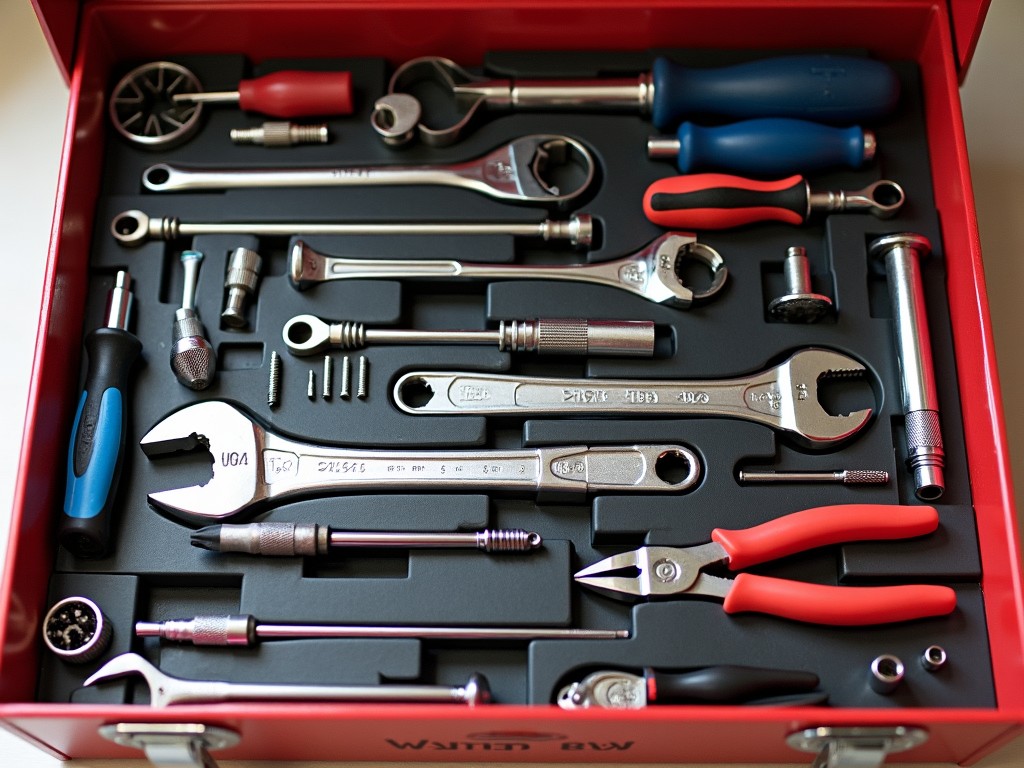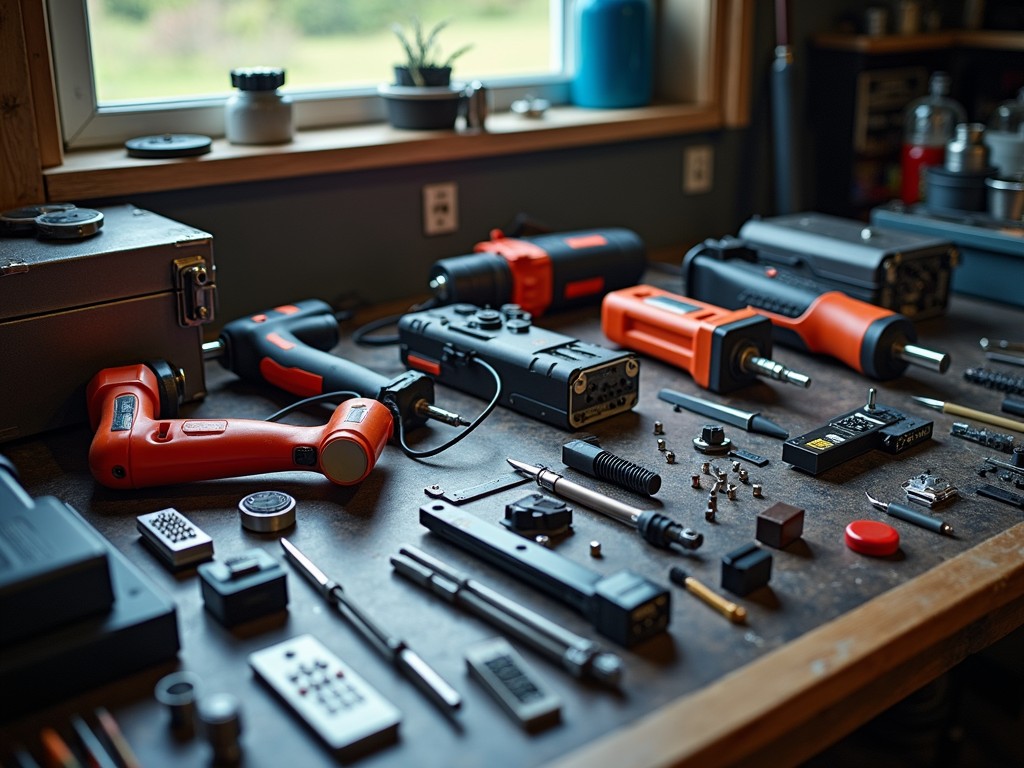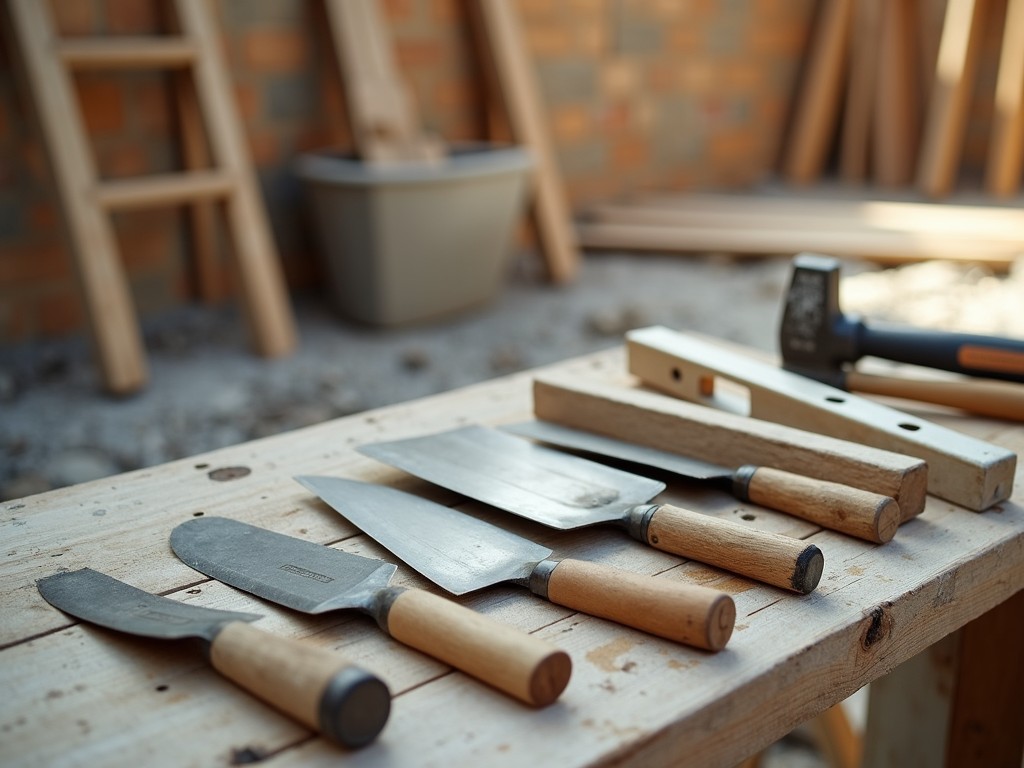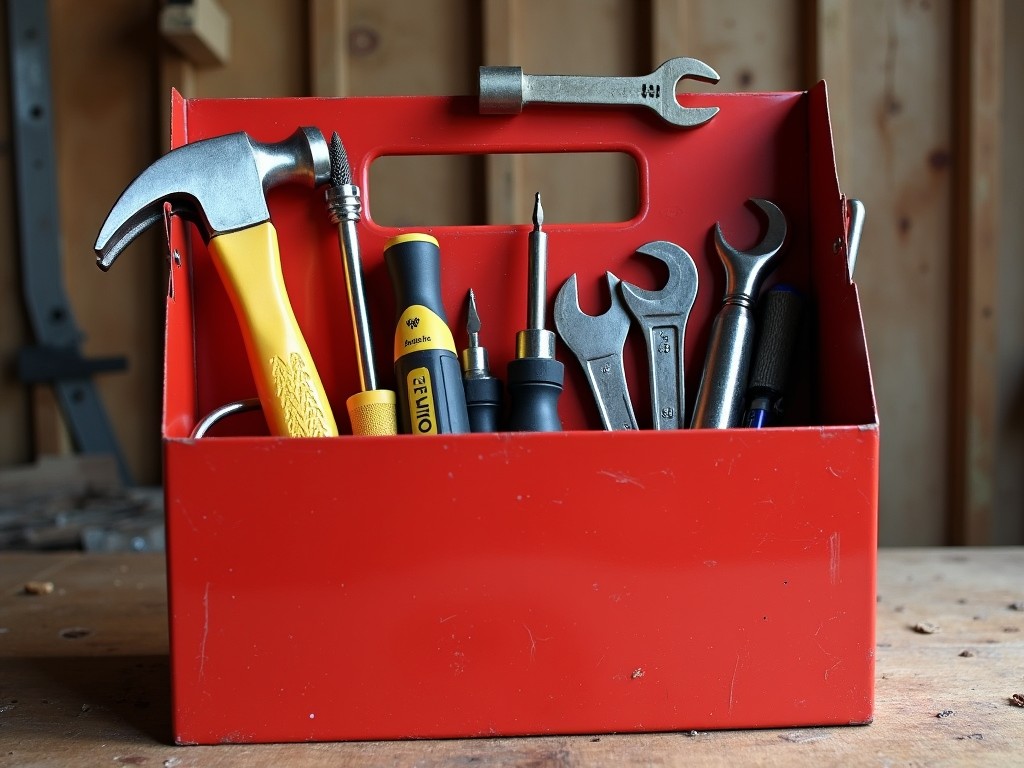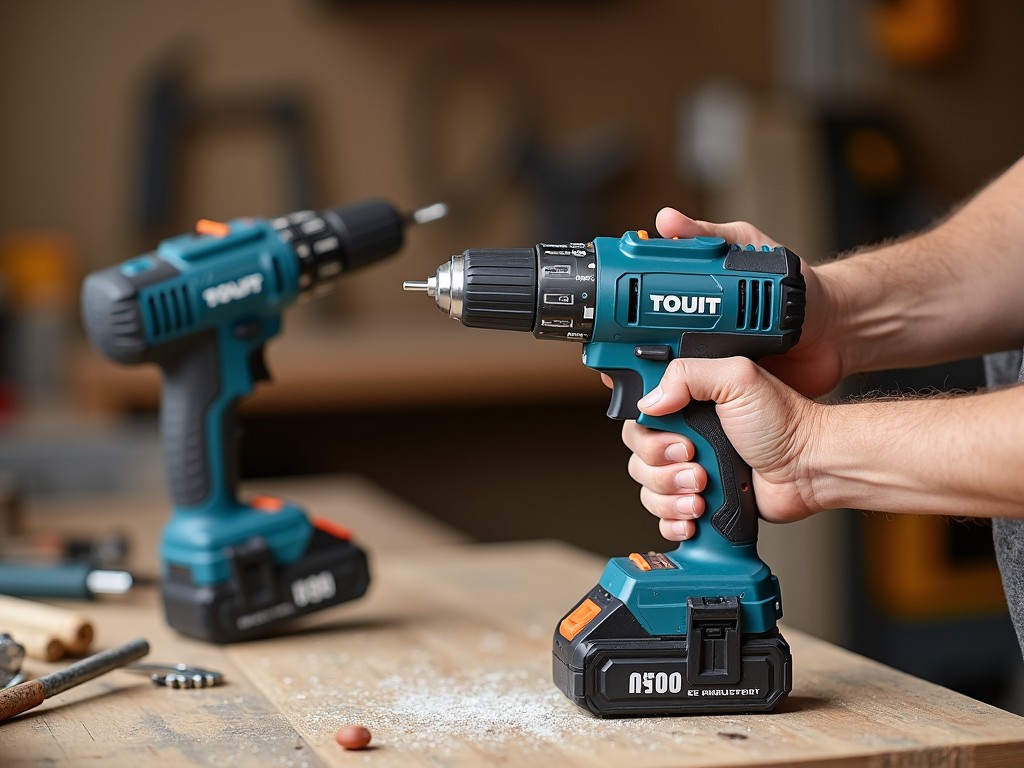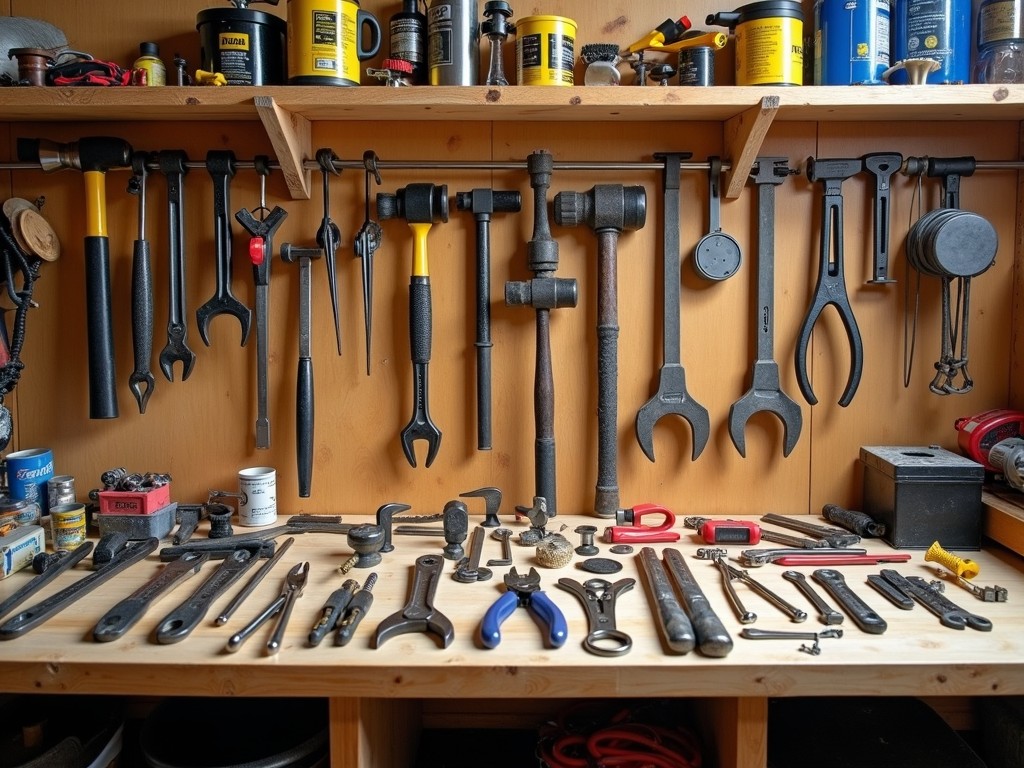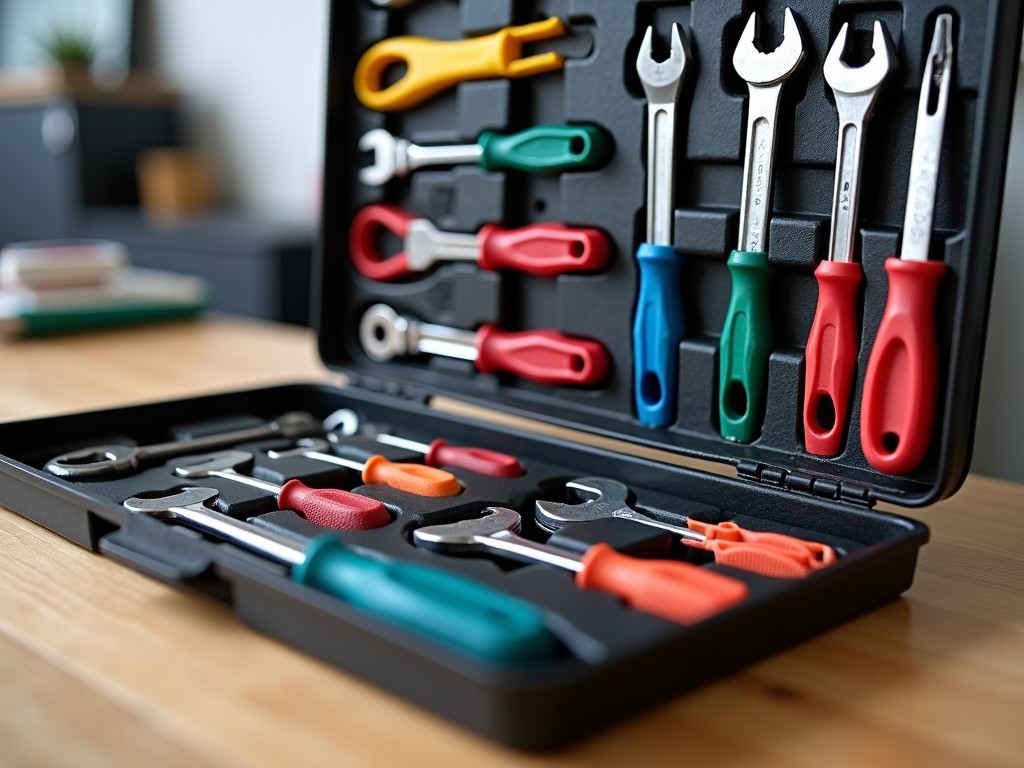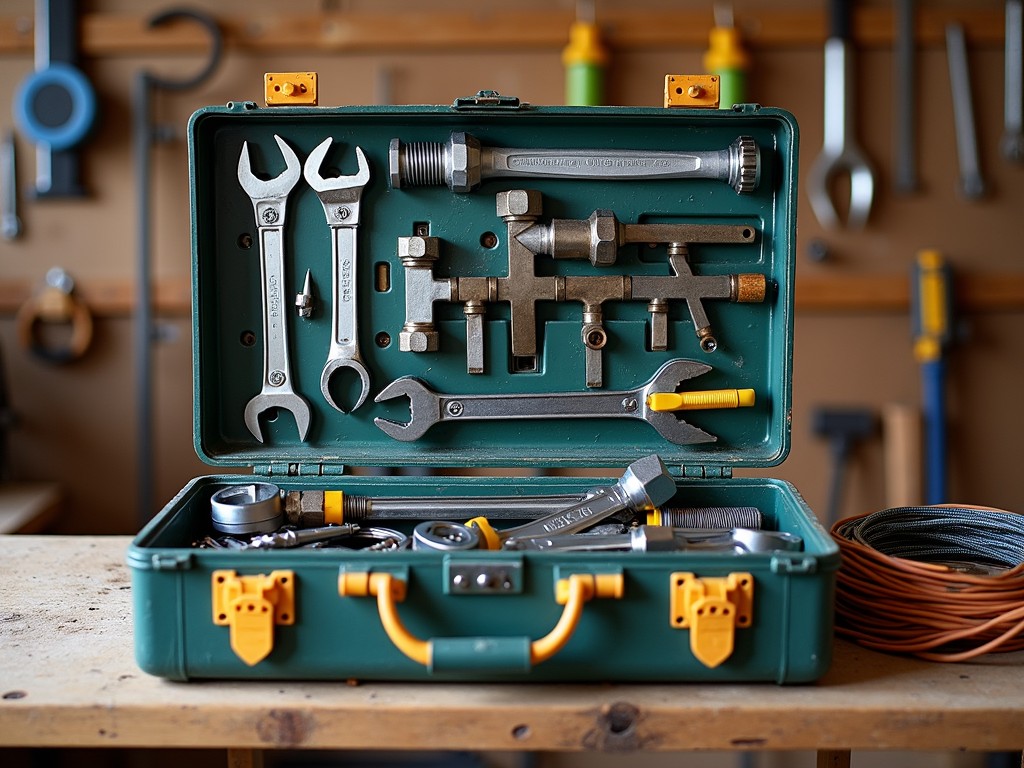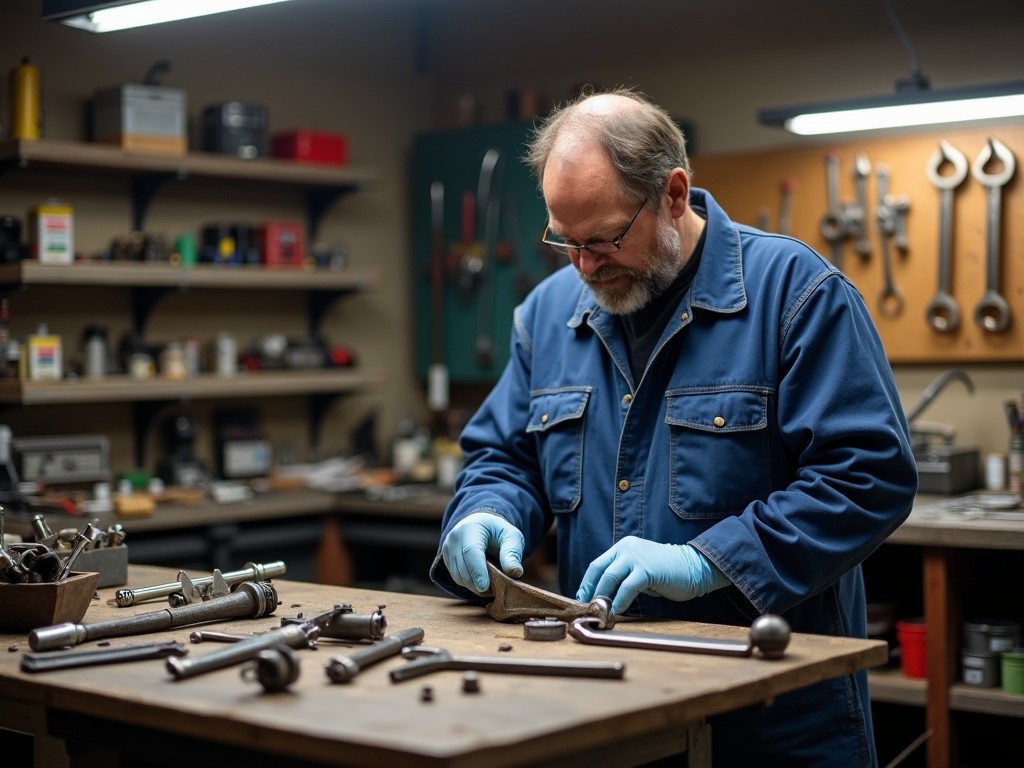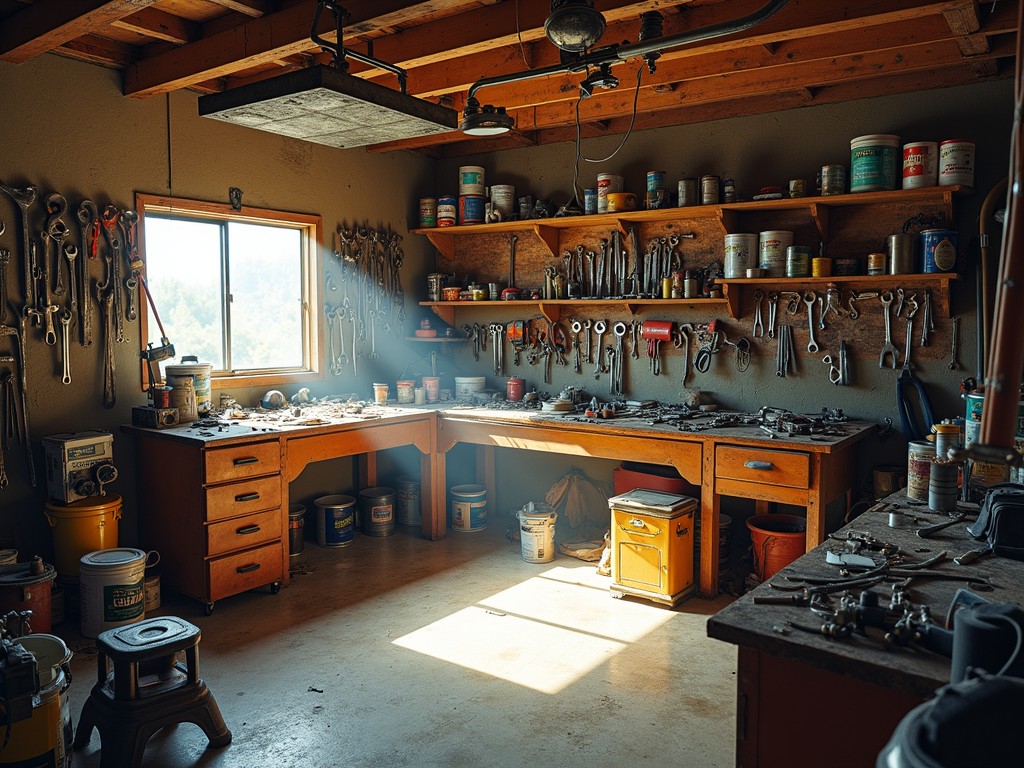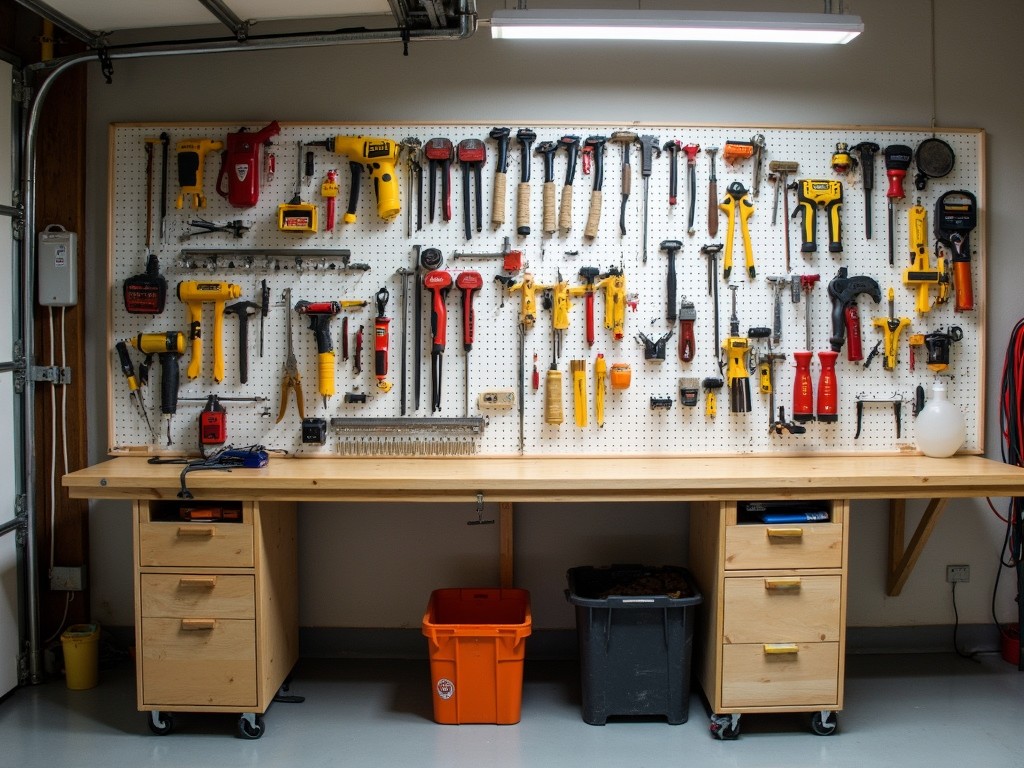Maintaining Your Tools: Tips for Longevity and Performance
Proper maintenance of tools, whether they are hammers or advanced workman tools, is crucial to ensure they function effectively when you need them. In this guide, we'll explore actionable and easy-to-follow maintenance tips for keeping your tools in top condition.
Regular care and maintenance of your tools save time and money by ensuring they last longer and perform better. Keep reading for expert tips on tool upkeep, based on personal insights and experience.
Why Tool Maintenance Matters
Caring for your tools isn't just about preserving your investment; it's about working safely and efficiently. Regular maintenance prevents unnecessary wear and tear, keeps tools performing at their best, and guards against sudden failures that could lead to injuries. Whether you're maintaining hammers, saws, or any workman tools, having a clean and orderly toolkit can make a huge difference.
- Longevity: Extend the life of your tools.
- Efficiency: Improve tool performance and precision.
- Safety: Prevent accidents and injuries.
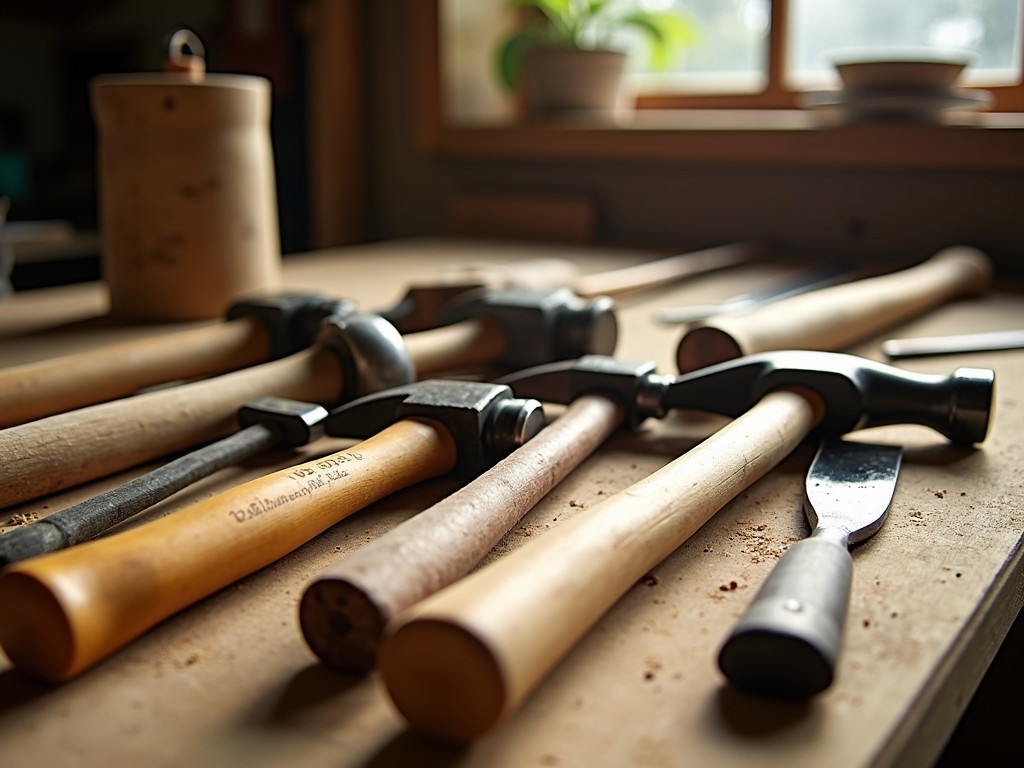
Cleaning Your Tools Regularly
Cleaning might seem basic, but it's a fundamental part of tool maintenance. After each use, wipe down your tools to remove dust, dirt, and debris. This simple act helps prevent rust and keeps moving parts functioning smoothly.
- Wipe Tools: Use a dry cloth or brush to clean dirt.
- Use Soap for Tough Dirt: For stubborn grime, a little soap and water can work wonders.
- Thorough Drying: Ensure tools are completely dry before storing them.
Personal Insight: I've found that spending a few minutes cleaning my tools after each project saves hours in the long run by preventing build-up of residues that can lead to rusting or malfunctioning of the tools.
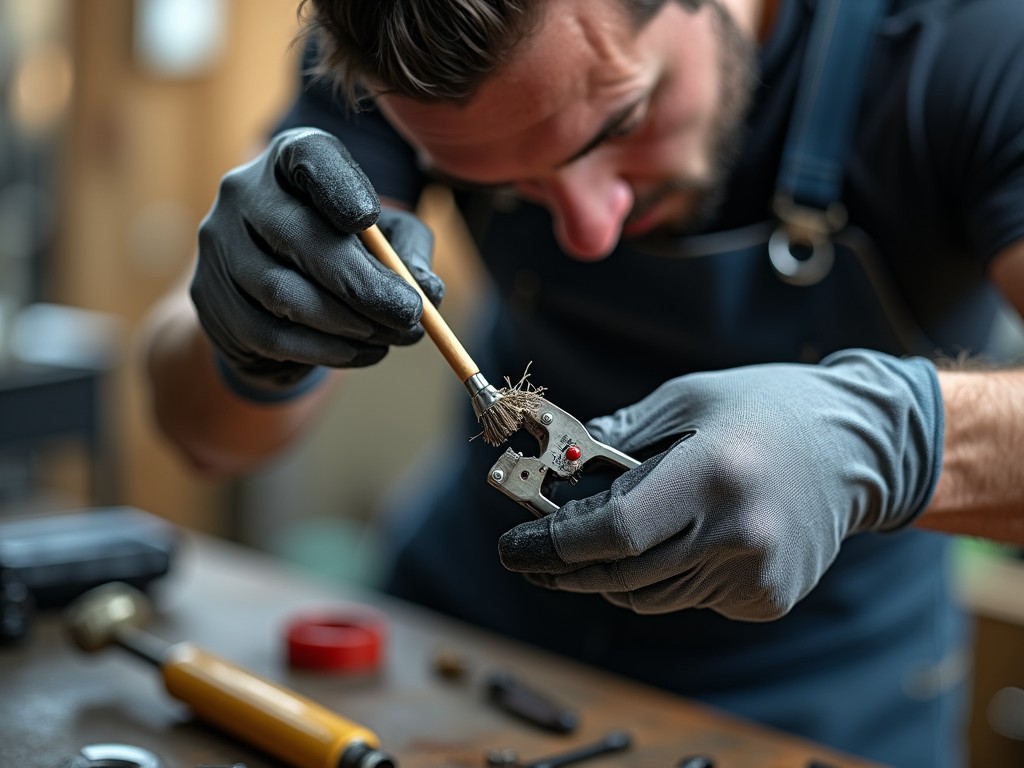
Storing Tools Properly
Storing your tools in a dry, organized space is crucial for keeping them in top condition. Use a toolbox or a designated drawer to keep them away from moisture and to prevent any knocks and scrapes.
- Use Tool Rack: Organize tools with a rack to prevent damage from piling.
- Silica Gel: Place packs in toolbox to prevent moisture build-up.
- Toolbox Lining: Consider a soft lining to avoid scratches.
Did you know? Hanging your tools, especially hammers, on a toolboard not only declutters your workspace but also makes each tool easily accessible and safer to handle.
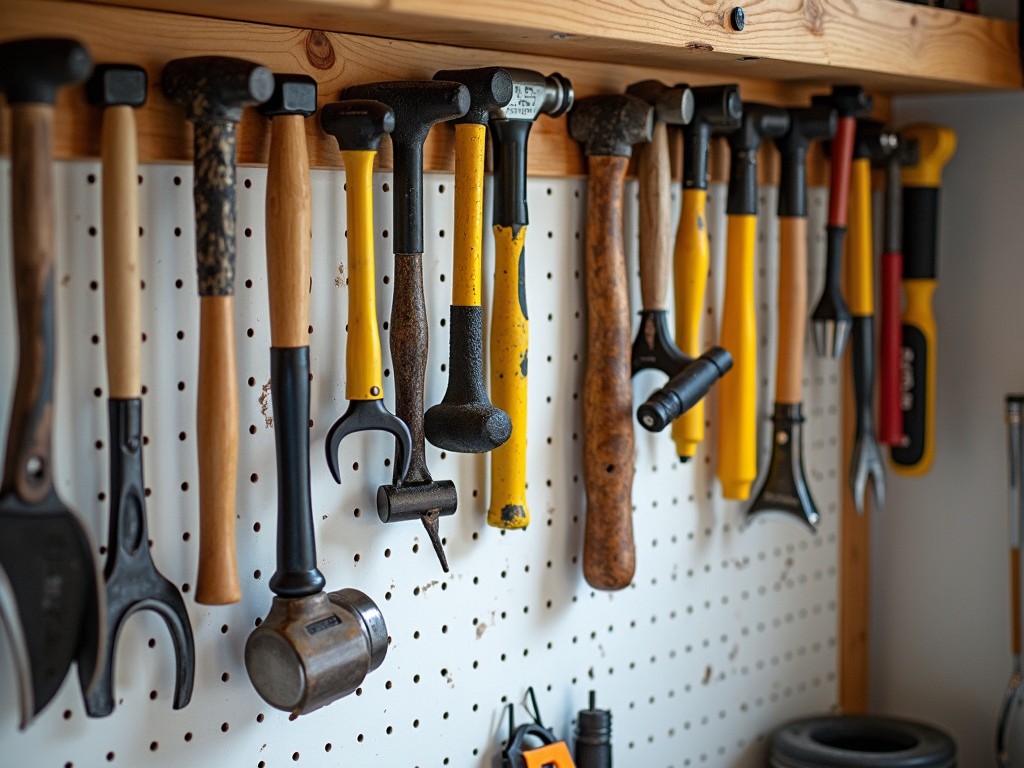
Regular Inspection
Perform regular inspections to catch any damage early. Look for cracks, chips, or signs of wear and tear. This is particularly important for tools like hammers, where handle damage can lead to serious accidents.
- Check Handles: Look for splinters or loose heads on hammers.
- Inspect Metal Parts: Rust or corrosion signs need immediate attention.
- Test Moving Parts: Ensure they move freely without excessive friction.
Many times, what you save by ignoring minor repairs is lost when a tool fails at a critical time. Regular check-ups save on costly replacements later.
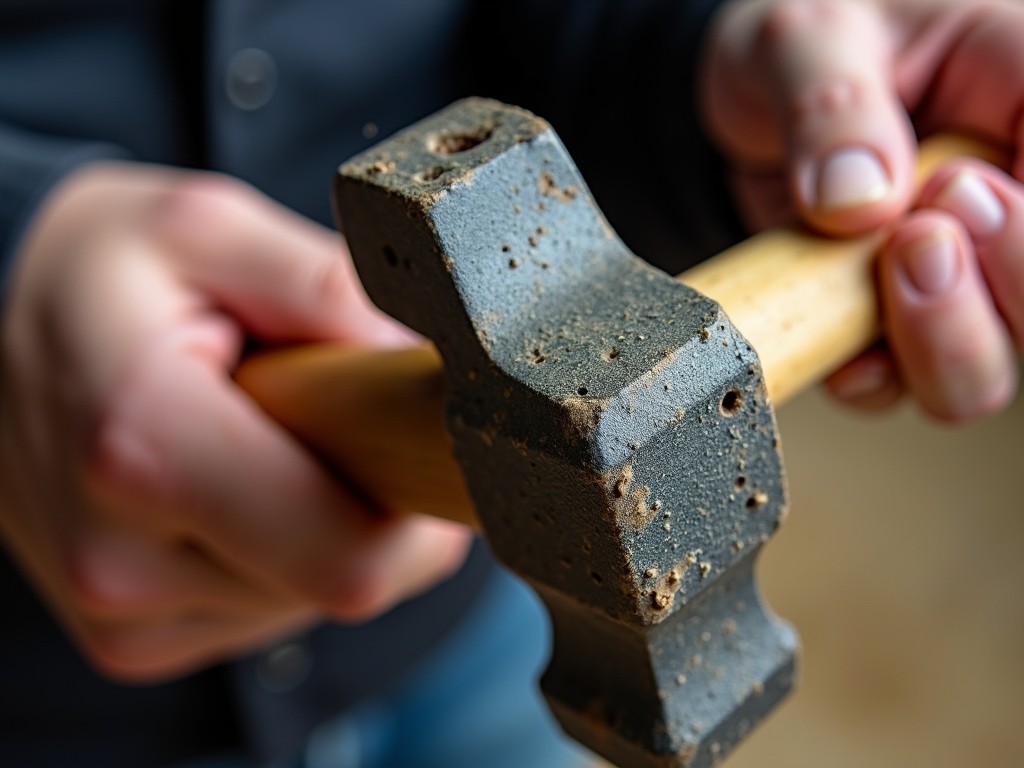
Sharpening Blades and Tools
While not all tools have blades, those that do require regular sharpening. A sharp, well-maintained blade cuts more effectively and safely than a dull one.
- Use Sharpening Stone: Perfect for chisel and axe blades.
- Oil the Blade: After sharpening, apply light oil to prevent rust.
- Follow Manufacturer's Guidelines: Each tool has specific maintenance needs.
Maintaining Workman Tools
For modern workman tools that include power-driven equipment, maintenance often includes:
- Battery Care: Store batteries in a cool, dry place and charge them correctly.
- Lubrication: Keep moving parts oiled to prevent friction.
- Electrical Checks: Ensure cables and plugs are not frayed or damaged.
Using a standard maintenance checklist can streamline this process. Consider keeping a log of maintenance activities to track each tool's history.

Putting It All Together
Maintaining your tools doesn't have to be a chore. By incorporating these simple maintenance tips for keeping your tools in top condition into your routine, you can ensure that your hammers, workman tools, and more last longer, work better, and remain safe to use. Just a few minutes each day can save you from costly replacements and downtime.
Summary
Tool maintenance is a vital practice for anyone relying on tools for work or hobbies. By following these guidelines and incorporating regular cleaning, storage, and inspection routines, you can keep your tools in pristine condition. Remember, a well-maintained toolkit not only represents professionalism but also ensures safety and efficiency in all your projects.
Related maintenance tips for keeping your tools in top condition:
- Hand Tools Maintenance Tips: Complete Guide
- Innovative Electrical Tools for 2023: A Comprehensive Guide
- Comprehensive Guide to Construction Tools for Masonry Work
- Beginner's Guide to Workman Tools and Toolboxes
- The Ultimate Guide to Ergonomic Power Drills for Reduced Fatigue
- Hand Tools Safety: Guidelines for Every Enthusiast
- Innovative Workman Tools for Efficiency
- Essential Workman Tools for Plumbing and Maintenance
- Effective Workshop Equipment Maintenance Tips
- Maximizing Small Spaces: Organizing Workman Tools Efficiently
- Comprehensive Guide to Hand Tools Storage Solutions
- How to Organize Tools in a Small Workshop
